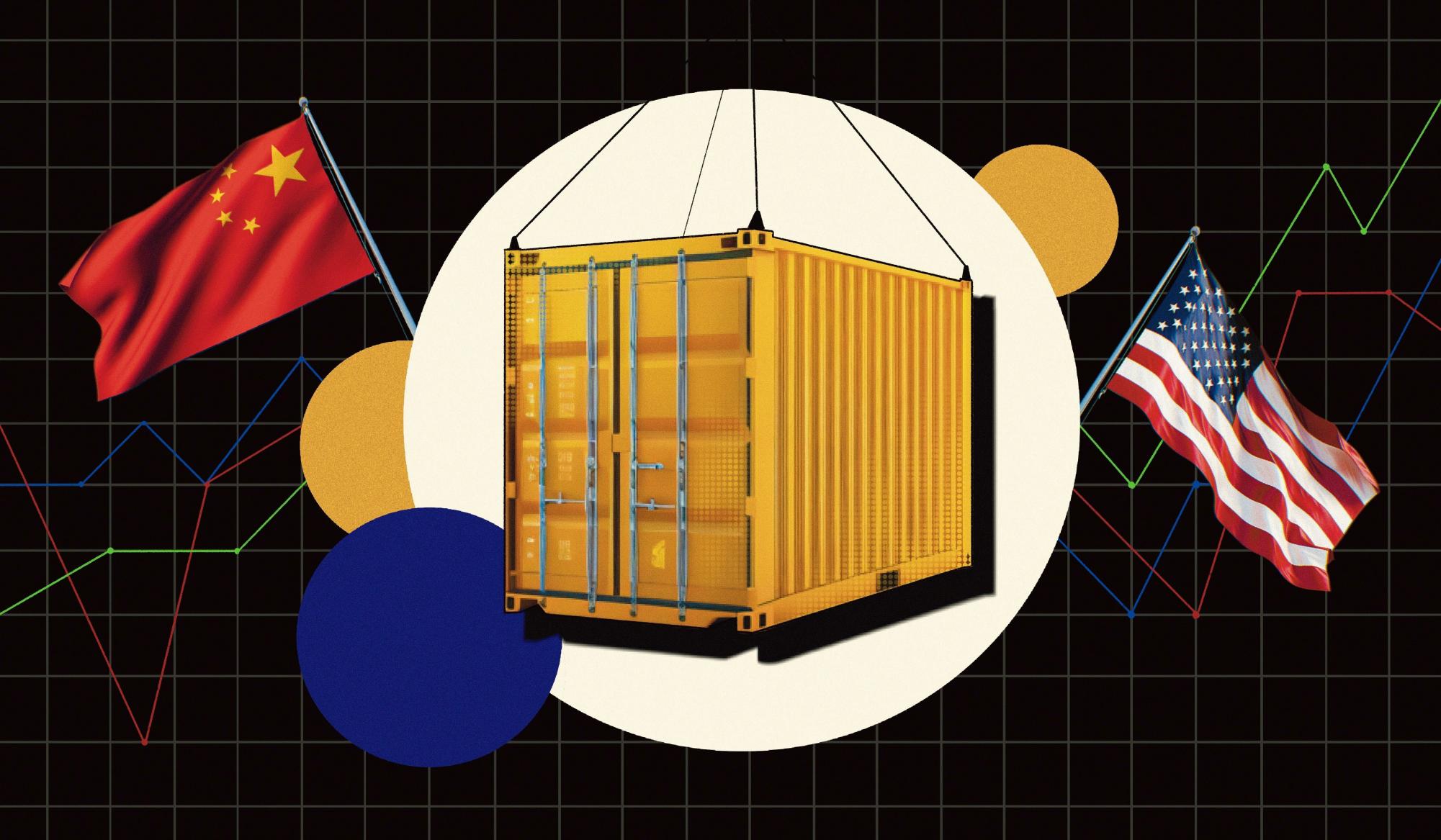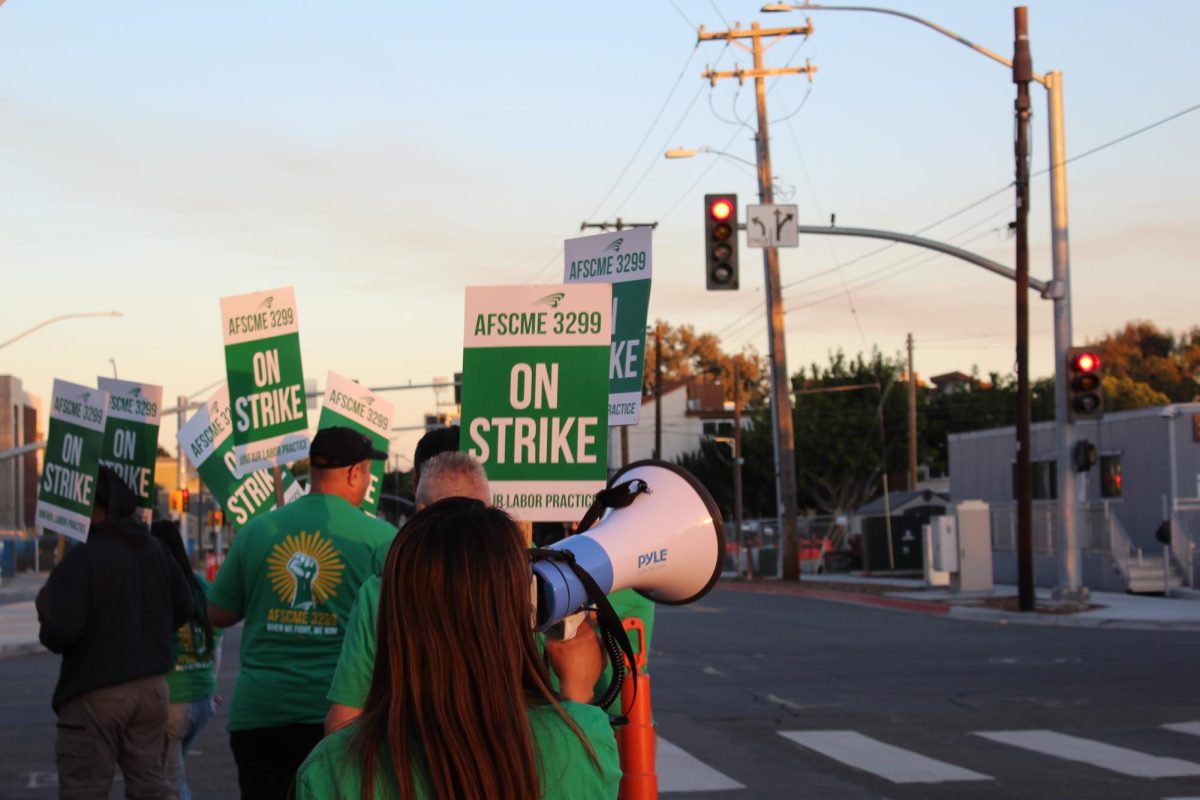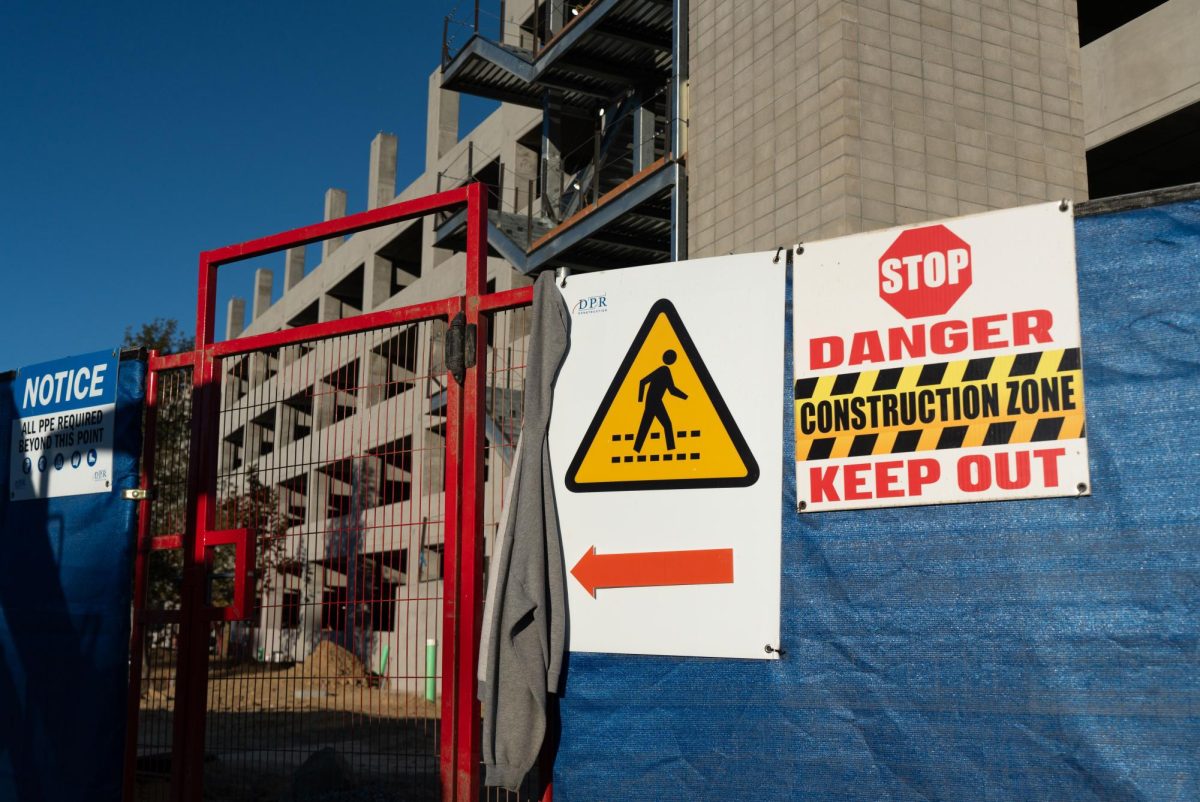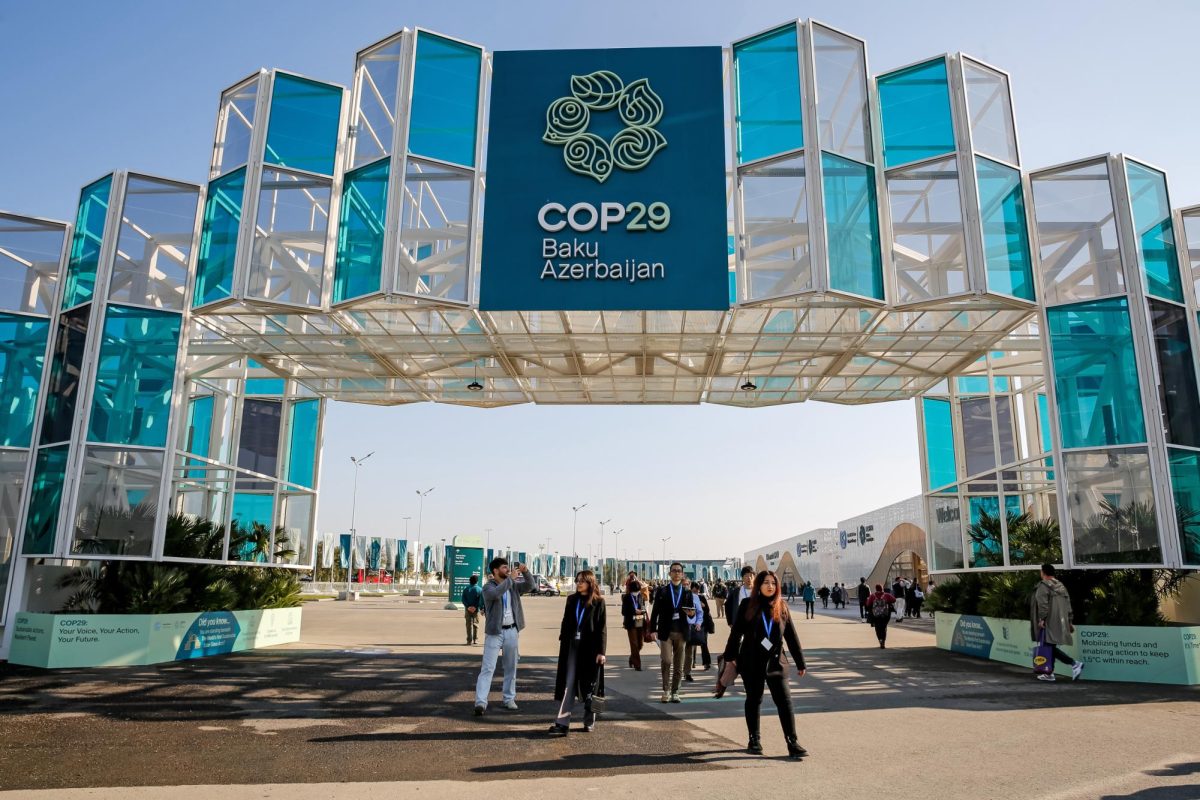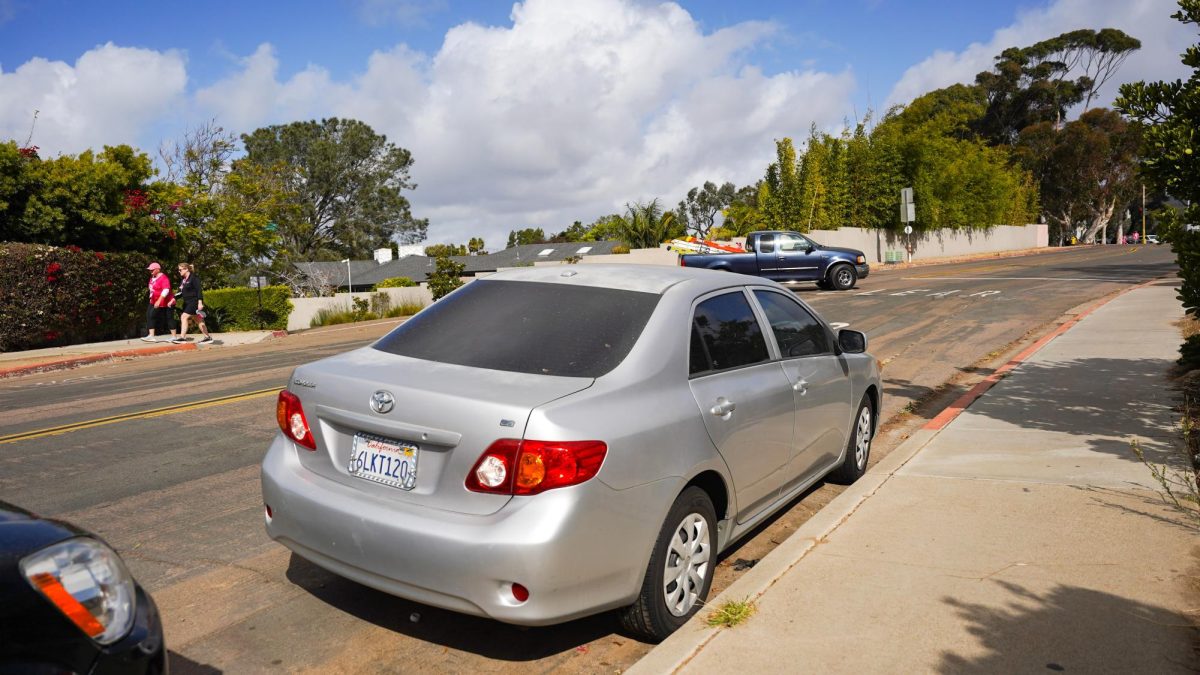UC San Diego School of Global Policy and Strategy associate professor of economics Kyle Handley developed an application that analyzes new prices on Chinese exports after the Biden Administration imposed new tariffs this month. These tariffs are as high as 100% on electric vehicles and will be effective as early as Aug. 1 of this year.
On May 14, the Office of the U.S. Trade Representative announced its imposition of tariffs on Chinese imports, including batteries and semiconductors. According to White House officials, these increased tariffs will apply to $18 billion worth of Chinese-made products.
In the wake of the news, Handley developed a new application that allows users to see how these products are affected.
Utilizing Shiny, a package in the statistical programming language R, Handley looked up U.S. imports for every tariff-affected product using the U.S. Census Bureau’s API interface for the past eight years. He then created the Biden Tariff Analyzer App, a simple graphical user interface that shows the top 10 global suppliers of products, where alternative suppliers for each product can be found.
“When the Biden administration announced the tariffs, they were initially quite vague about which specific products would be tariffs,” Handley said. “I wanted businesses, policy-makers, and researchers to have a quick way to understand the potential implications for the tariffs on U.S. import sourcing.”
As Handley explains, while most of the focus is on the increased tariffs, the immediate impacts of Biden’s actions require contextual information on these Chinese imports. For example, the biggest increase is the quadrupling of tariffs on Chinese EVs, from 25% to 100%. However, the app shows that only 2% of all EVs are imported from China, with other nations such as Germany and South Korea currently supplying the majority of EV imports.
“If there are a number of other countries supplying the import, that’s where U.S. firms can look to find new suppliers in the short to medium term to avoid the tariffs,” Handley added.
Some economists have raised the concern that tariffs often impose economic costs that act as a tax on domestic consumers, resulting in higher prices and reduced export growth. However, on May 21, U.S. officials announced a summary of the economic impact of the new tariffs. The summary noted that increased tariffs have been estimated in the past to decrease the value of imports from China and increase domestic production, thus maintaining the position that tariffs have little negative impact on U.S. economic welfare.
But the criticism does not stop with the concerns about negative economic ramifications. Economists and politicians have voiced further concerns, some calling out Biden for delaying clean-power technology with his latest initiative and undermining the efforts to cut greenhouse gas emissions — a move that contradicts the President’s clean-energy strategy.
“Tariffs will raise prices on a number of clean-energy final goods and the inputs that make them run like lithium-ion batteries,” Handley said. “American consumers and businesses are more likely to transition to clean energy vehicles and solar power if it is cheap and cost-effective to do so. This seems very likely to push the timeline on that transition out further in time.”
Nevertheless, this strategic move stems from political and national security motives. Biden is increasingly concerned about U.S. self-sufficiency, especially in sectors of strategic importance to the U.S. such as clean energy and semiconductors.
The White House announced that this move will “protect American workers and businesses” while countering China’s “unfair trade practices” by recognizing a rules-based international trade system based on fair competition.
While the ramifications of Biden’s decisions remain unknown — even for policymakers and economists — Handley explained that putting higher tariff walls around critical sectors may garner enough business in the U.S. It can also allow foreign allies to build out their own capacity in these sectors, preparing to be self-sufficient in the case of a wider conflict.
As for future projects, Handley will continue his research on trade and national security, Chinese import competition, and trade policy uncertainty. More information on his research can be found at kylehandley.com.



